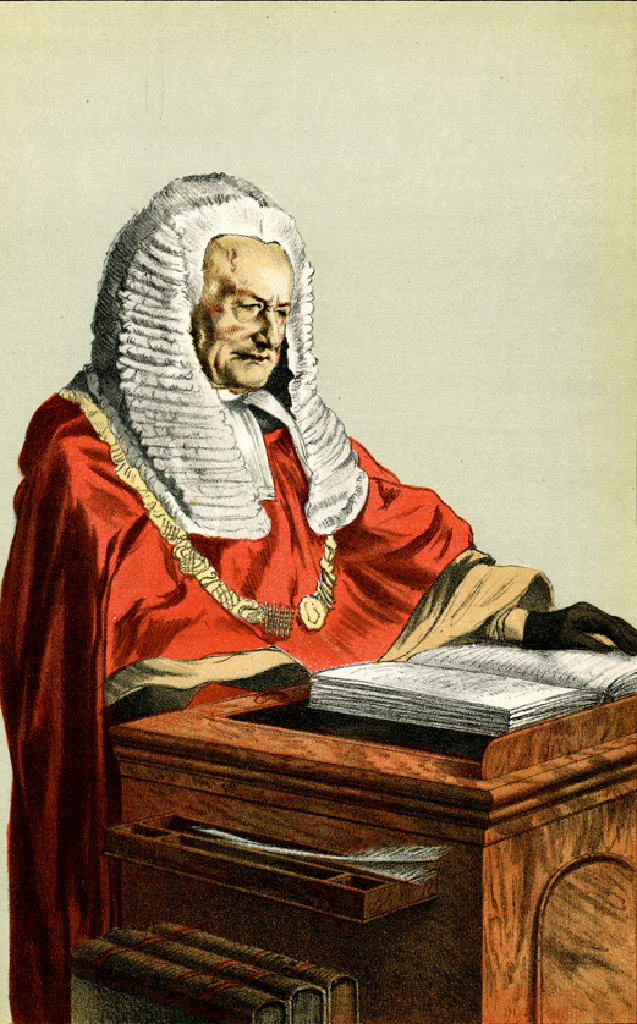
There was a time when, before appointment as a judge, many of the judges had been active in politics, as MPs: Conservative, Liberal and Labour. But according to constitutional convention, following appointment, they showed no political bias in their judicial work. The Lord Chancellor himself was expected to be, and was, and indeed still is, an active politician, albeit restrained; however, he is no longer a judge.
Judicial appointments
Ex Lord Chancellor Dilhorne became a law lord 1969-1980. First Viscount Cave and Lord Mackay were law lords before becoming Lord Chancellor. First Viscounts Maugham and Simmonds were law lords before becoming Lord Chancellor and then again law lords after ceasing to be Lord Chancellor.
Judges who have been MPs include: Simon, Thankerton, Watson, Robson, Macnaghten, Donovan, Shaw, Carson, Cave, Davey, MacDermott and Normand.
Quite a number in addition have been law officers, or the Scottish equivalent: Simon, Somervell, Rodger, Russell, Reid, Carson, Hewart, Cave, Mackay, Macmillan, Singleton and Sir Ross Cranston. And Somervell









